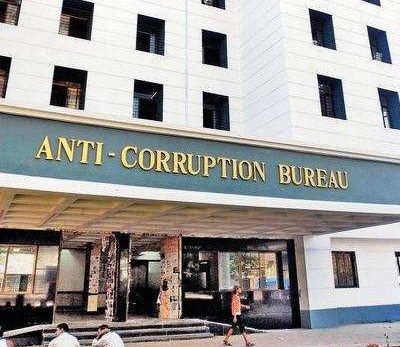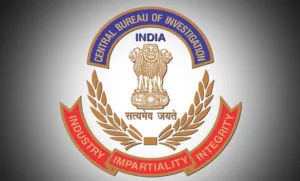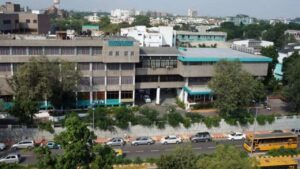Anti-corruption unit in Maharashtra faces challenges amid pending probe requests

In Maharashtra, the Anti Corruption Bureau (ACB) has encountered significant delays and hurdles in initiating inquiries against officials suspected of financial irregularities, with nearly two-thirds of its probe requests pending approval.
Before July 2018, the ACB had the autonomy to launch Preliminary Enquiries (PE) without awaiting government approval, potentially leading to the filing of First Information Reports. However, a crucial amendment to the Prevention of Corruption Act in July 2018 mandated ACB to seek approval from the relevant government authority before commencing an inquiry.
According to data obtained, out of 547 requests made by the ACB for approval to investigate financial irregularities as of March 2024, only 51 cases received approval. On the other hand, 126 requests were rejected, and inquiry initiation was stalled in 354 cases due to pending approvals.
The introduction of Section 17(A) in 2018 required ACB to obtain permission within a stipulated time frame, failing which the investigation would remain in limbo. Despite this mandate, there are no repercussions outlined for delays in granting approvals, leaving ACB powerless to expedite the process.
One notable case highlighted the inefficiencies of the system, where ACB sought approval from the Brihanmumbai Municipal Corporation (BMC) for a probe into a Covid-related tender irregularity, but received no response even after two years.
The backlog of pending approvals predominantly affects cases involving senior officers, with 210 requests awaiting clearance. Furthermore, data indicates a decline in the number of cases registered by ACB related to financial misconduct since the implementation of Section 17(A) in 2018.
Critics argue that while Section 17(A) aimed to shield government officials from frivolous complaints, it inadvertently weakened the capacity of anti-corruption units to investigate financial malfeasance effectively.
The backlog of pending approvals is not limited to a specific department, with the Urban Development department topping the list with 81 pending requests, followed by the Revenue and Rural Development departments.
Despite judicial observations advocating for a liberal interpretation of Section 17(A) to uphold the anti-corruption objectives of the Act, the bureaucratic delays continue to impede the ACB’s efforts to combat financial corruption effectively.









